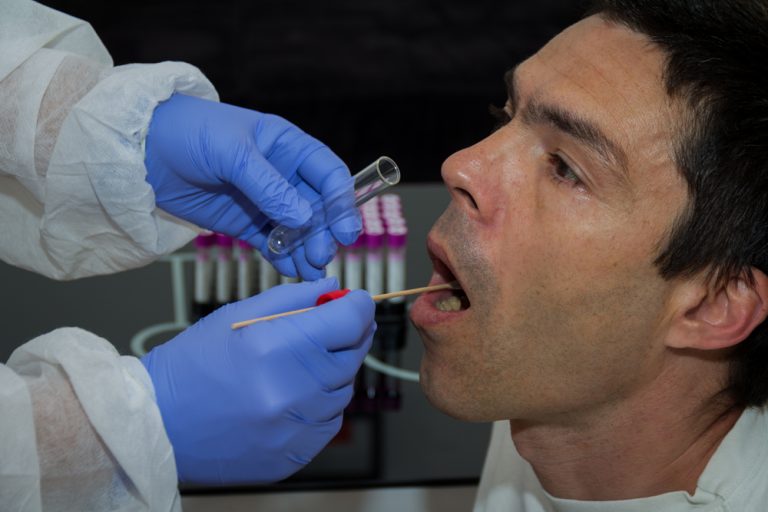

WASHINGTON — On January 6, U.S. Customs and Border Protection will initiate a limited, small-scale pilot program to assess the operational impact of proposed regulatory changes that would require the collection of DNA samples from certain individuals in CBP custody.
The pilot program will be limited to the following locations:
During the 90-day pilot program, CBP will collect DNA samples from certain individuals held at both locations. For the U.S. Border Patrol, this will include individuals between the ages of 14-79 who are apprehended and processed within the Detroit Sector.
For the Office of Field Operations, this will include individuals who present at the Eagle Pass Port of Entry for consideration of admissibility and are subject to further detention or proceedings.
The pilot will assess the operational impact of a Department of Justice proposed amendment to the regulation that requires the collection of DNA samples from certain individuals and the submission of those samples to the FBI’s Combined DNA Index System, also known as CODIS.
The regulations apply to any individuals who are arrested, face charges or are convicted (including U.S. citizens and lawfully permanent residents), as well as to non-United States persons who are detained under the authority of the United States, including certain aliens in CBP custody.
The amendment proposed by the Department of Justice would remove a provision that authorizes the Secretary of Homeland Security to exempt from the DNA collection requirement certain aliens from whom the collection of DNA samples was previously not feasible because of operational exigencies and resource limitations.
The amendment restores the Attorney General’s plenary legal authority to authorize and direct all relevant federal agencies, including the Department of Homeland Security, to collect DNA samples from individuals who are arrested, facing charges, or convicted, and from non-United States person who are detained under the authority of the United States.
This pilot is being performed in accordance with 34 U.S.C. §40702 and 28 C.F.R. §28.12 More information about the program can be found here. The Department of Justice’s proposal to amend existing DNA collection regulations can be found here.
The San Marcos City Council received a presentation on the Sidewalk Maintenance and Gap Infill…
The San Marcos River Rollers have skated through obstacles after taking a two-year break during…
San Marcos Corridor News has been reporting on the incredible communities in the Hays County…
Visitors won't be able to swim in the crystal clear waters of the Jacobs Well Natural…
Looking to adopt or foster animals from the local shelter? Here are the San Marcos…
The Lone Star State leads the nation in labor-related accidents and especially workplace deaths and…
This website uses cookies.